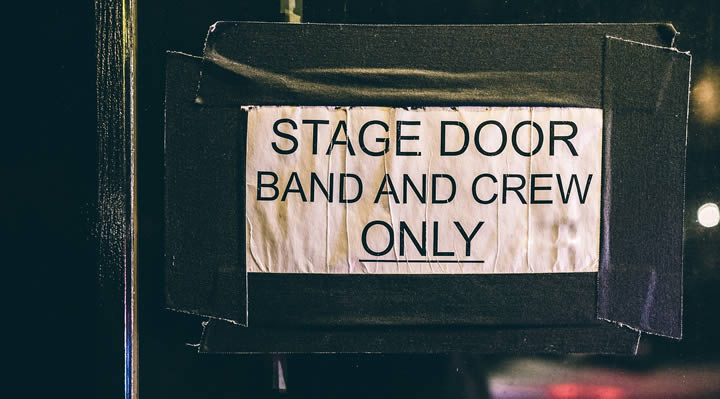
Freelancing – Scheduling Your Gigs
As a freelancer, have you ever worried about your schedule or saying no to a gig for fear they may never call you again? When you are new to the business, it can be hard or scary to say no to any gig. Your budget and career depend on these calls. Learning to say no can be hard, but learning to say no well will help you in the long run.
It is essential to balance your gigs and obligations. If you are on a 14-hour show until 2 am and someone calls to hire you for a show that same day at 6 am that’s just as long, it is likely in everyone’s best interest for you to decline the second show. You are probably already tired and already have been working many hours. You likely won’t be able to put your best into the second call, and the company would be relying on you to be fully present to complete the tasks at hand. Here is an example of where you should say no.
There is nothing wrong with saying no and you don’t need to justify to anyone why you are not available, but there are a couple of things you can do to make sure you stay in good standing with companies and stay on their call list for the future.
When scheduling yourself, the most important thing is to stay organized. Make sure you are promptly tracking when you are scheduled and where (especially if you travel for work regularly.) The quickest way to burn bridges with companies is by overbooking yourself and not catching it until the last minute leaving someone without the staffing they need. The second way to quickly burn the bridge is to arrive at gigs tired and unfocused because you’ve overworked yourself. Make sure you are balancing your schedule so you can be at your best for every show.
Once you are called for your availability, make sure to respond promptly. Don’t wait 3-4 days before getting back to the call. The company or client won’t wait for you to call back. They will move on to the next person on the list, and once the spot is filled it likely won’t be open again. If you get the reputation of never calling back, they will stop calling. I recommend that you respond within 24 hours of a request, faster if you can. If you need a little more time, let them know. They will likely be more than willing to give you more time as long as they hear from you.
Call, text, or email them back letting them know you’re on a show or away from your schedule, and will try to let them know as soon as you can. Ask follow-up questions if the information hasn’t already been provided. Collect as much information as you can regarding the gig, such as what position you will be filling and an estimated timeline. This will provide all the information before you accept the gig.
After you’ve been able to determine if you’re available to work or not, it is imperative to respond to the hiring party. Here again, if you do not reply, they will stop calling. Hearing sorry, no I am not available is better for your reputation than not responding at all.
As you learn, mistakes will happen, and the best thing to do is to address them quickly. If you happen to overbook yourself, pick which show you will work and let the other group know immediately. Apologize for your mistake and if you’re willing or know of anyone, offer suggestions for your replacement. These situations can be difficult, but we’ve all done it at some point in our careers, and as long as you address it immediately, you should be ok for future calls. Over time you will get better at scheduling as well as understanding how much you can take on at a time as well as when it’s the right time to say no.
